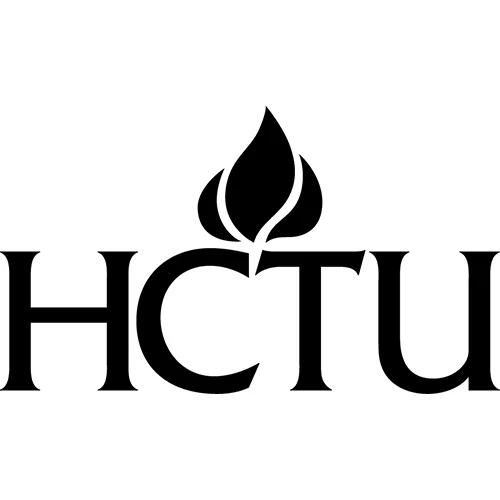A report live-blogged by Andy Naselli
will be preaching in chapel here at Trinity Evangelical Divinity School on Tuesday and Thursday this week. Here’s how the Henry Center has described his sermon series:
February 3, 5, 2009 | Dr. Tom Nelson, Christ Community Church, Leawood, KS
In these two messages we will briefly explore together the rich and robust doctrine of Christian vocation, focusing on the topic of work. Examining primarily the first three chapters in Genesis we will seek to build a theological framework regarding work and bring to light its vital contribution to our pursuit of Christian faithfulness in our times. The first message is entitled, “The Sunday To Monday Gap (Genesis 1:26-28, 2:15).” The second message is entitled, “Is Work A Four Letter Word? (Genesis 3:17-19).”
Scripture Reading
- Gen 1:26–Ps 90:12–17
Introduction
- The office cubicle recently turned fifty years old.
- “The Office” is one of Tom’s favorite TV show. Work is an essential part of being human, but work is not what it ought to be.
- Some of us are exhausted in our work and dissatisfied with it.
- People often ask Tom, “What does my everyday job have to do with God anyway? Does it really matter?”
- Cf. David Miller’s excellent book God at Work.
- Tom neglected this important topic early in his ministry.
- Cf. Tim Keller’s parallel experience. Most churches teach Christians how to be Christians merely in their private life.
- For centuries the church has framed work in the language of vocation.
- Cf. Martin Luther’s rich theology of vocation, i.e., it is a divine calling: “God does not need our good works, but our neighbor does.”
- Bumper sticker: “I owe, I owe, so off to work I go.”
- “Are we simply workin’ for a living?”
Genesis 1:26–28
- We were created to image the triune God.
- God is seen in the early Genesis text as a worker, as a Creator. He is not a cosmic do-nothing deity.
- We were created to work, and we were created with work in made. God designed us to work. We work because the one in whose image we are made also works.
- Cf. Paul’s bold statement that those not willing to work should not eat.
- Illustration: The recent Pixar film “WALL-E” depicts lazy people in luxury in such a way that Tom finds disgusting.
- Work is an integral aspect of being human.
Genesis 2:15
- We were created to cultivate and keep God’s creation, to prepare and protect it. God created us to be stewards of his creation.
- God wants our work and worship to be seamless, connecting our Sunday-to-Monday living. Worship is not something we do exclusively on Sunday, and work is not something we start doing exclusively on Monday. Both Sunday and Monday should be days of glorious worship.
- Illustration: Someone asked three masons the same question: “What are you doing?” Their three answers reveal three different perspectives: (1) I am cutting stone. (2) I am making a living. (3) I am building a cathedral for God and his people.
- Dorothy Sayers: “The only Christian work is good work well done.”
Three Diagnostic Questions
- Do I see my work as an act of worship? Are you blooming where you are planted right now?
- How has God uniquely made you? Illustration: In the movie “Chariots of Fire,” Eric Liddell says, “God has made me fast, and when I run, I feel his pleasure.”
- What contribution am I called to make? How have I been called by God to accomplish his redemptive mission in the world?
Conclusion
Embedded in Jesus’ earthly life is a transforming truth. He not only glorified his Father on the cross. He glorified his Father in his work in a carpenter’s shop. Are not we called to do the same? “I glorified you on earth, having accomplished the work you have given me to do” (John 17). May we be able to say the same when we bow before our Lord.
[After Tom finished the sermon and prayed, he directed our attention to a video on the screen about a lady who is a member in his church. She reflects on her vocation, noting how she agonized over whether she should be a medical missionary in Africa. Her heartbeat is medicine, and she realized that this was her vocation, her mission field, her ministry. This transformed her perspective of medicine. Doug Sherman and William Hendrick’s Your Work Matters to God helped change her perspective on this.]





Comments
Be the first one to make a comment!